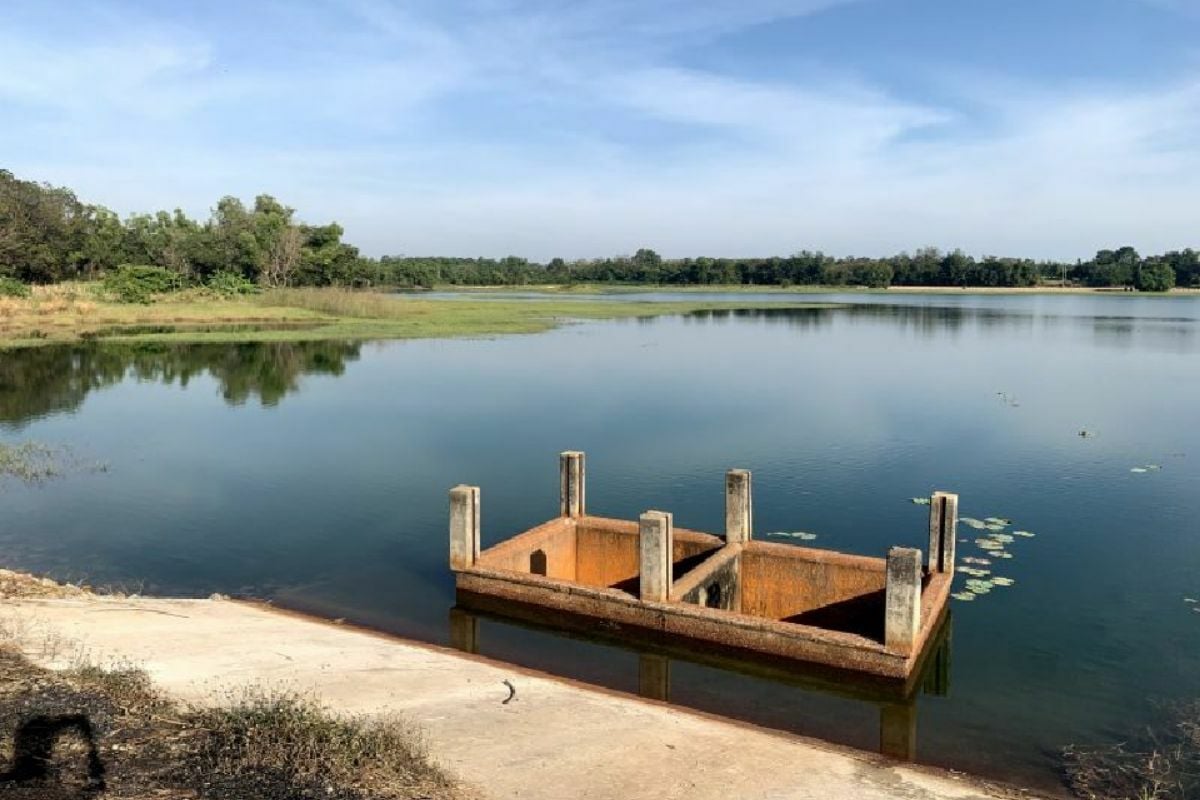Chinese-owned factory fined 1.8 billion baht for waste water in reservoir

Chachoengsao Provincial Court fined a Chinese-owned factory 1.8 billion baht for releasing waste water into the Jone Reservoir in the central province of Chachoengsao.
THH Moly Processing Company’s illegal action came to light in 2019 after 2 million cubic metres of water in the Jone Reservoir was contaminated with multiple toxic substances. Locals could not use the water for consumption or agriculture.
An investigation into the source of the contamination revealed that THH Moly Processing Company, located about 500 metres away from the reservoir, illegally released waste water. The chemical substances found in the water were the same as what the factory used.
The Pollution Control Department sued the company in 2022 and demanded 1.8 billion baht in compensation from the three Chinese company directors.
Chachoengsao Provincial Court delivered a verdict on the case yesterday, July 31, ordering the company to pay approximately 1.8 million baht in compensation to four government departments.
The fine was divided into four government departments: the Pollution Control Department, the Department of Groundwater Resources, the Royal Irrigation Department, and the Ministry of Natural Resources and Environment.
Channel 3 reported that the THH Moly Processing company had new managing directors after being sued. The Department of Industrial Works then suspected the company’s operation was undergoing a renovation and the process is still ongoing.
The director of the Chachoengsao Provincial Royal Irrigation Office told Channel 3 that the water in the reservoir could benefit more than a thousand households in the area. Therefore, the department and other relevant departments would push for a speedy recovery for the benefit of the residents.
In a related report in April, Chinese investors were found to be involved in the discovery of a large amount of cadmium tailings in multiple warehouses in Samut Sakhon, Chon Buri, and Bangkok.
The cadmium waste was packed in big bags and stored illegally in each warehouse. According to Environmental Impact Assessment (EIA) agreements, this waste must be buried indefinitely in a cement pond due to its potential harm to both human health and natural resources.
The cadmium tailings were later found to have been transferred from a cement pond in the northern province of Tak, so all of the chemical waste was transferred back to its origin under strict measures to prevent adverse effects on nature and people along the way.
Latest Thailand News
Follow The Thaiger on Google News:


























